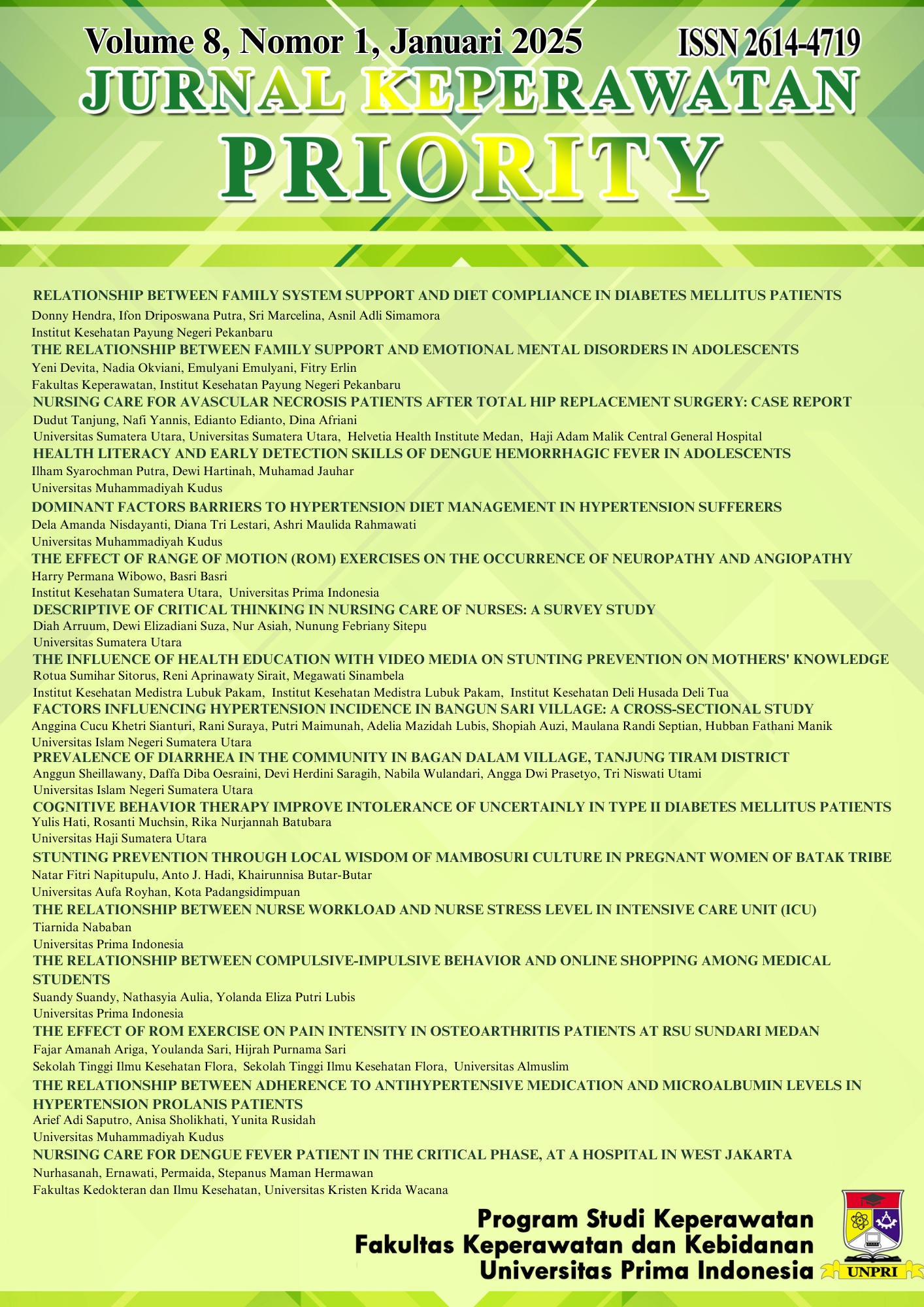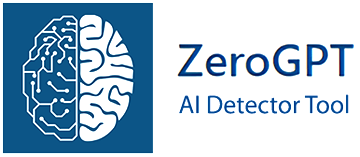Health Literacy and Early Detection Skills of Dengue Hemorrhagic Fever in Adolescents
DOI:
https://doi.org/10.34012/jukep.v8i1.5981Keywords:
adolescents, dengue hemorraghic fever, early detection skills, health literacyAbstract
Dengue hemorrhagic fever (DHF) is a significant public health problem in Indonesia, especially in tropical areas such as Jepara Regency. The increase in DHF cases in adolescents is caused by low health literacy and a lack of confidence in early detection skills that play an important role in preventing DHF. The impact is the occurrence of complications to the economic impact of the community in the treatment phase. This study aims to analyze the relationship between health literacy with early detection skills for DHF in adolescents. This study aims to analyze the relationship between health literacy and health beliefs with early detection skills of DHF in adolescent groups at SMAN 1 Tahunan, Jepara Regency. This study used a correlational analytical design with a cross-sectional approach. Independent variables are health literacy Dependent variables are early detection skills of DHF. This study was conducted in November at SMAN 1 Tahunan, the number of samples was 93 students selected using purposive sampling techniques. The research instrument used health literacy instruments (HLS-12Q),), and early detection behavioral skills of DHF. Data analysis was carried out using the chi-square test. The results of the study showed that there was a significant relationship between health literacy and early detection skills of DHF with a p-value = 0.000, health literacy is related to early detection skills. With this, schools and health centers can collaborate in improve health literacy, skills and early detection of DHF.
Downloads
Published
How to Cite
Issue
Section
License
Copyright (c) 2025 Ilham Syarochman Putra, Dewi Hartinah, Muhamad Jauhar

This work is licensed under a Creative Commons Attribution 4.0 International License.
Authors who publish their manuscripts through the Journal of Keperawatan Priority agree to the following:
- Copyright to the manuscripts of scientific papers in this Journal is held by the author.
- The author surrenders the rights when first publishing the manuscript of his scientific work and simultaneously the author grants permission / license by referring to the Creative Commons Attribution 4.0 International License to other parties to distribute his scientific work while still giving credit to the author and the Journal of Journal Keperawatan Priority as the first publication medium for the work.
- Matters relating to the non-exclusivity of the distribution of the Journal that publishes the author's scientific work can be agreed separately (for example: requests to place the work in the library of an institution or publish it as a book) with the author as one of the parties to the agreement and with credit to sJournal ofJournal Keperawatan Priority as the first publication medium for the work in question.
- Authors can and are expected to publish their work online (e.g. in a Repository or on their Organization's/Institution's website) before and during the manuscript submission process, as such efforts can increase citation exchange earlier and with a wider scope.


















